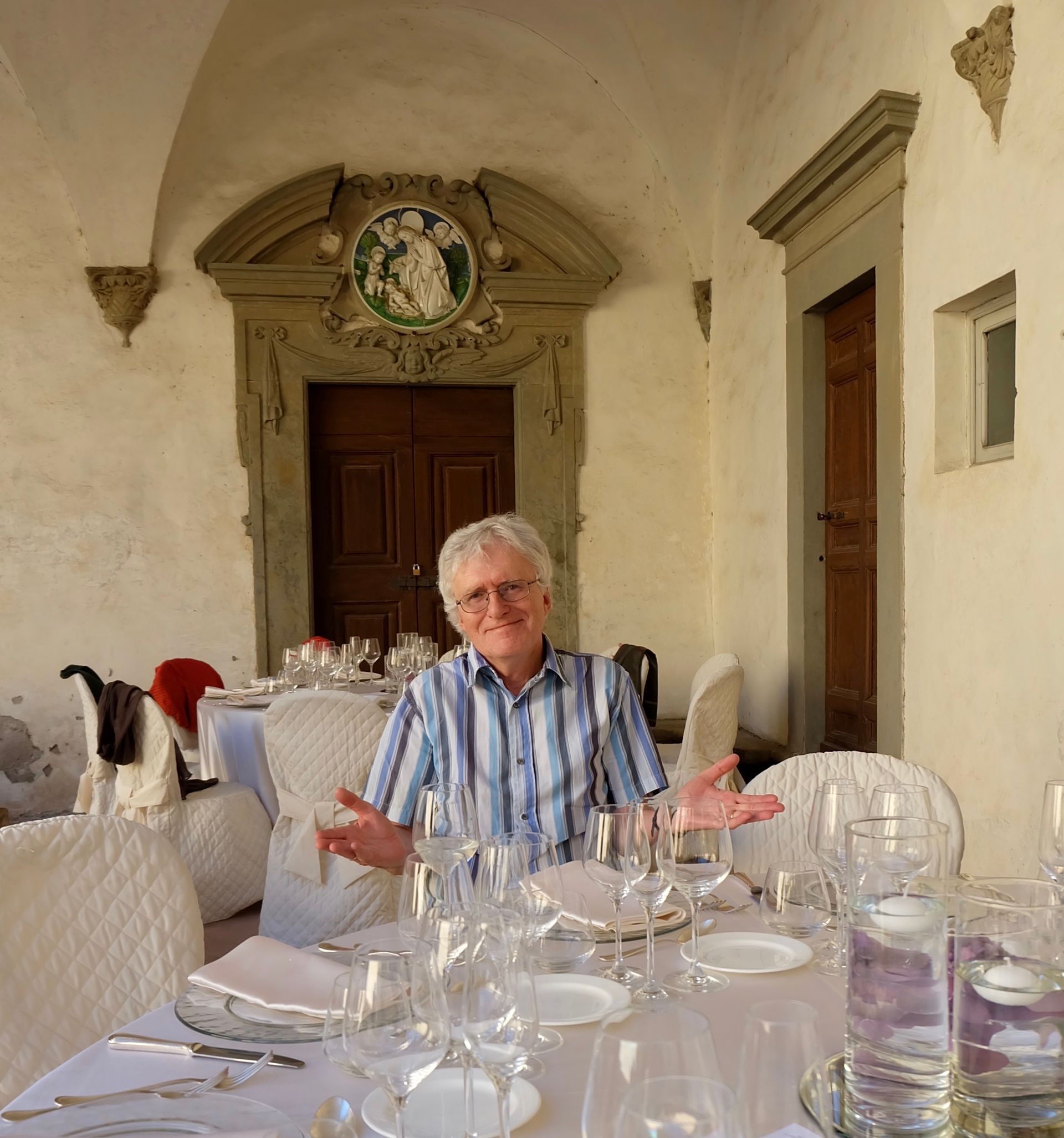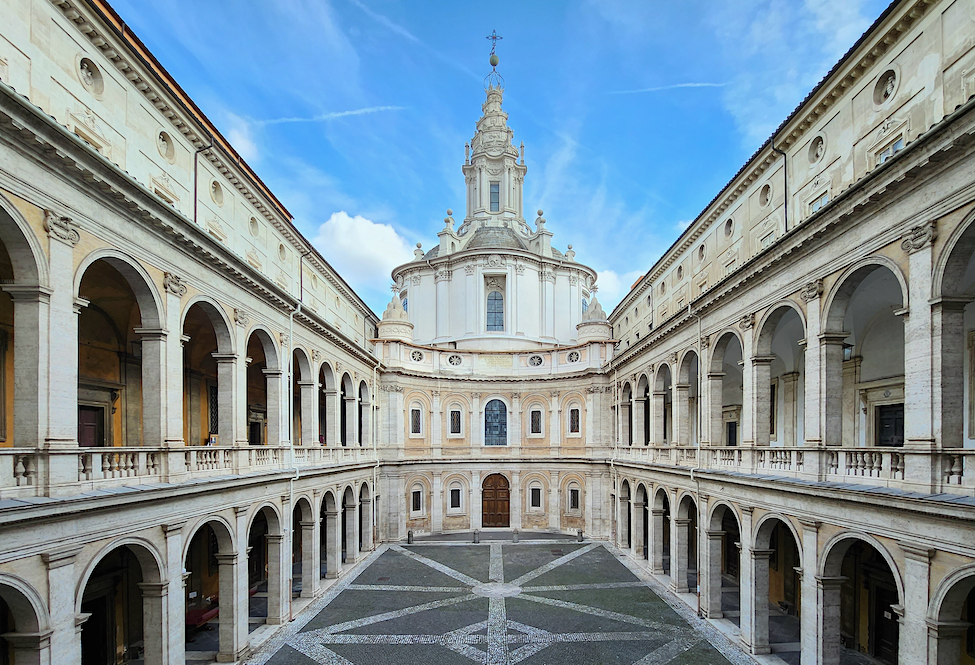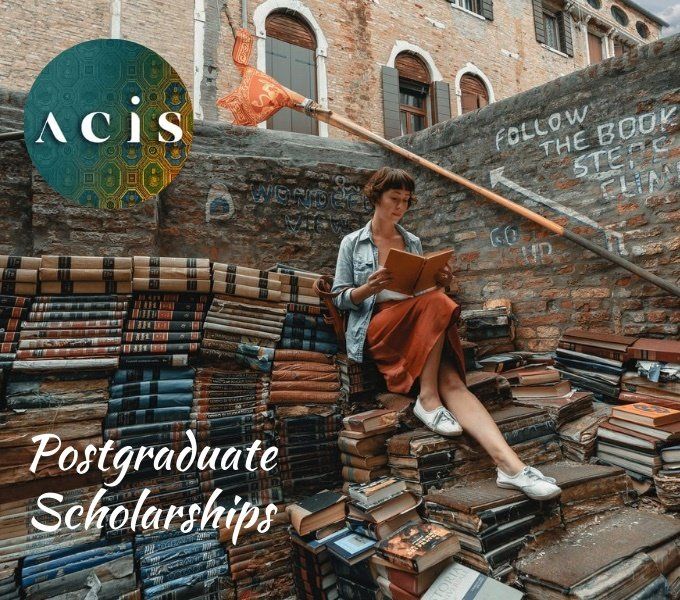Looking for Forgetting in the Archive
Which memories are allowed to circulate in a particular culture – and which are relegated or silenced? What political logic is at play when a certain way of remembering is spelt out, even imposed?
Matthew Topp was awarded an ACIS Postgraduate Scholarship in 2020, to source archival records for his doctoral thesis, which has the working title ‘Ars Oblivionalis: A Study of Cultural Forgetting in Renaissance Italy’. Now returned from fieldwork, he shares a brief account of his PhD project and travels.
Matthew writes:
My research focuses on fifteenth-century Italian memory culture. Specifically, I have been studying the reasons why communities across the Italian Peninsula chose to deliberately forget aspects of their pasts, and some of the key means by which they sought to achieve this forgetting ‘in practice’.
Forgetting is, of course, a necessary part of memory, but one that operates in a multitude of ways. It can be a destructive or punitive measure, erasing memories that no longer suit present needs. Yet forgetting can also act as a positive, constructive force; as a coping mechanism in conflict resolution, ‘forgiving and forgetting’. Structured around a series of case studies, my thesis brings together evidence for a variety of practices of cultural forgetting, including memory sanctions and excommunication, exile, and peacemaking and pardoning.
The funds from the ACIS Postgraduate Scholarship were used to support a very fruitful three-month trip to Italy, where I undertook final fieldwork in Rome, Venice, Bologna, Florence, and Siena, gathering an exciting and rich array of archival materials. My time in Italy allowed me to study and photograph records identified beforehand, and – more importantly – to discover many new documents I did not expect. In Venice, for instance, with the help of the kind archivist at the Archivio Storico del Patriarcato, I was able to consult records of excommunication cases, which will help me explore how this punishment condemned not only the soul of individuals, but also their earthly memory.
At the Archivio di Stato in Bologna, I was able to consult government statutes and criminal records relating to the common punishment of exile, furthering my research on how being expelled from one’s homeland impacted the reputation and commemoration of individuals. Finally, in most of the cities I visited (particularly Rome and Siena), I also viewed notarial records of peacemaking agreements and prisoner pardoning. These fascinating documents provide evidence of how forgetting past injuries played a crucial role in enabling forgiveness and maintaining peace between citizens.
The diverse nature of this project gave me the opportunity for hands-on practice in investigating a wide range of repositories, document types, and scripts from across Italy. There were many other benefits to spending time working in archives in Italy. While in Bologna, for example, I was able to meet with fellow PhD researchers from the University of Warwick. The chance to discuss our research experiences and challenges was enlightening and encouraging.
Once my PhD is complete, I hope to be able to return to some of the archives and libraries I visited on this trip, and continue researching ideas and practices of memory and forgetting. Rome and Bologna particularly piqued my interest: I would be keen to learn more about how the ‘memory culture’ of these cities may have differed from that of better-studied centres such as Florence or Venice.
Based in Melbourne, Matthew is currently undertaking a joint PhD through the Monash Warwick Alliance, a unique partnership between Monash University (Australia) and The University of Warwick (UK).









